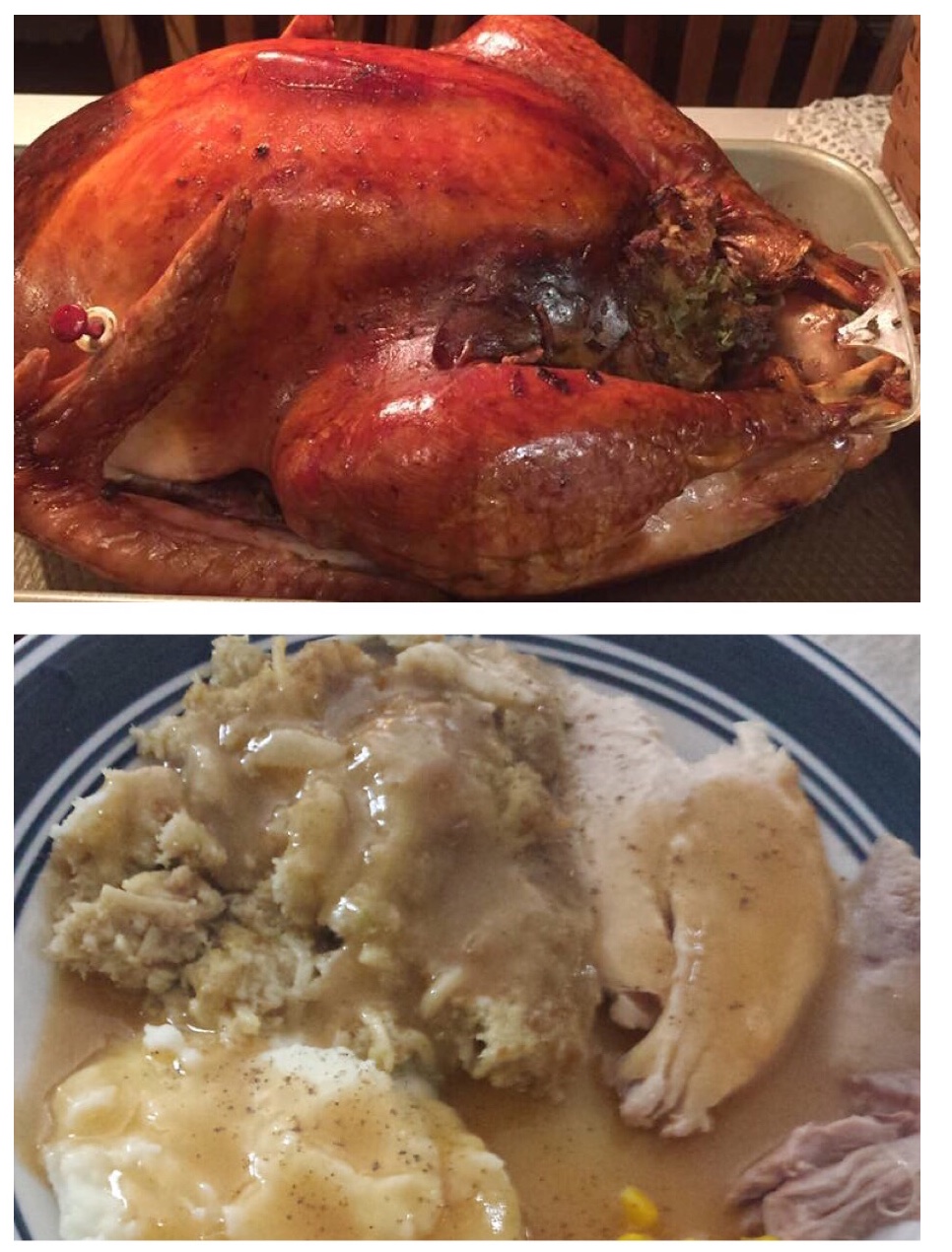
Pancreatitis
The center of our holiday celebration is large meals for our loved ones to share. Our pets are so much a part of our family that we can’t help but to share with them too. Unfortunately, our pets can get sick from eating human food. This can range from GI upset including diarrhea and vomiting, to severe problems including intestinal blockages, bloat, and pancreatitis. Pancreatitis (inflammation of the pancreas) can occur when a dog eats high fatty meals. It is commonly diagnosed over the holiday season.
The pancreas plays a large role in digestion. It’s located next to the stomach and part of the small intestine. In the GI system the pancreas secretes digestive enzymes to help break down food and neutralize stomach acid as food leaves the stomach. The pancreas also produces insulin and glucagon which help regulate blood sugar levels in the blood stream.
Commonly, dogs with pancreatitis have a recent history of receiving table scraps or eating food from the garbage. Cats can also suffer from pancreatitis however; it tends to be a chronic condition. Other causes include metabolic disorders, tumors, toxins, certain medications, and trauma. Pets that are obese are more susceptible, as are certain breeds such as Miniature Schnauzers, Miniature Poodles, and Siamese cats.
Pancreatitis is believed to be an activation of digestive enzymes within the pancreas causing inflammation and irritation. Long term this can cause the pancreas to breakdown as the enzymes eat away the gland. Eventually the digestive enzymes can make their way to the blood stream and affect other organs or cause an abscess (pocket of infection) on the pancreas itself. Severe pancreatitis can be fatal, so treatment is vital. Symptoms of pancreatitis include depression, poor appetite, vomiting, dehydration, and fever. Some pets also experience diarrhea and abdominal pain.
Treatment will vary based upon the severity of the disease and patient’s medical history. Mild cases of pancreatitis can generally be treated on an outpatient basis with little or no long term damage to the pet. Severe pancreatitis may require hospitalization, IV fluids, IV medications, and close monitoring. Pancreatitis can develop into a long term, chronic condition. Switching to low-fat diet and maintaining a healthy weight are recommended.
This holiday season avoid the temptation of feeding your pets’ table scraps. Pets are such a part of our families that not sharing can lead to feelings of guilt. Consider buying special treats, new brands of cookies, and a new toy or two this time of year. If house guests cannot resist treating your dogs, have a dog safe cookie jar available. With a little planning our pets can safely join in the food festivities without the worry of pancreatitis.
Veterinary General is located in Shelby Township, Michigan. We offer traditional and alternative therapies such as Acupuncture, Chinese Herbals, and Cold Laser Therapy. More information can be found at www.veterinarygeneral.com.




